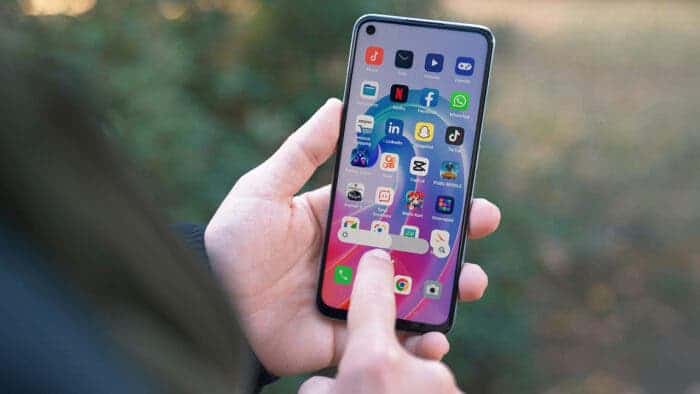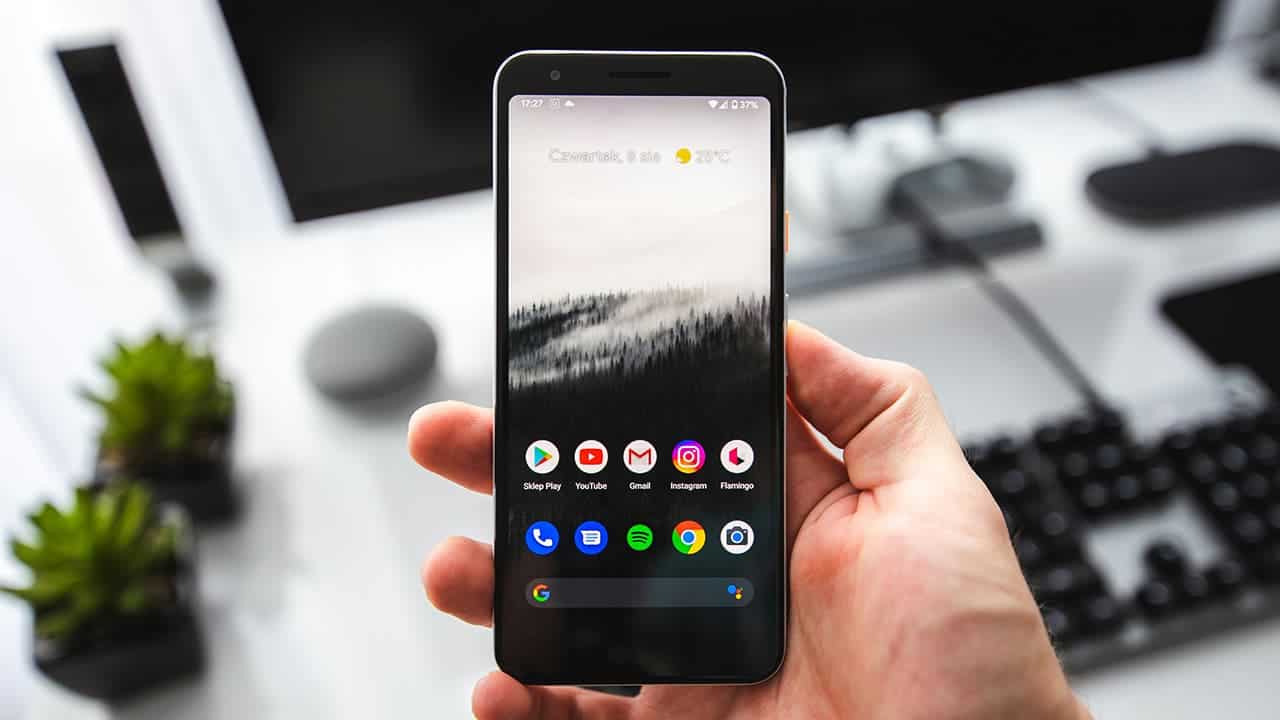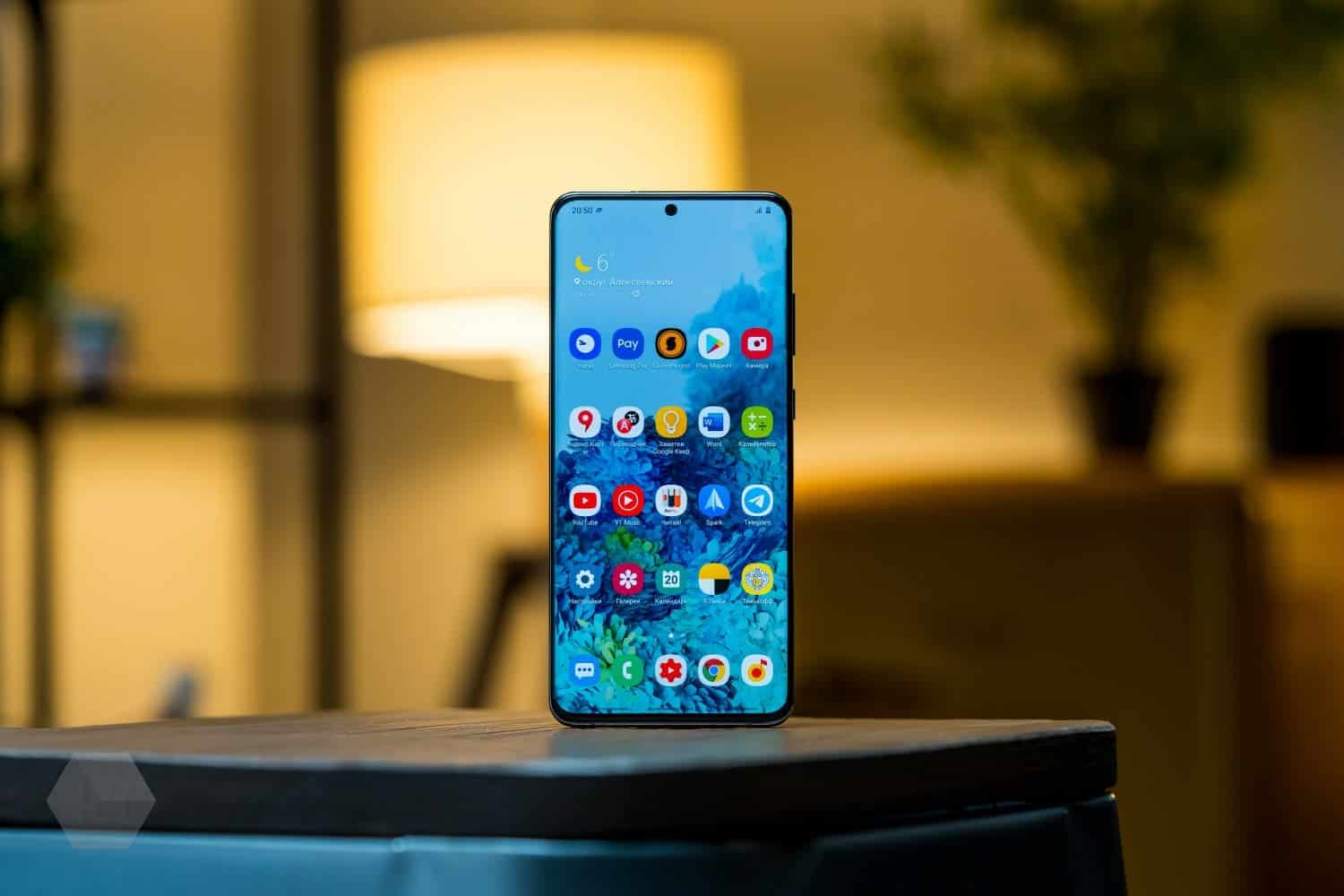AndroidnewsPhonesTech
- How to stop your Android phone from secretly tracking you
- Understanding spyware and its risks
- Steps to reduce tracking on your Android device
- 1. Disabling Google’s voice recording
- 2. Limiting location tracking
- 3. Disabling personalized ads
- 4. Reviewing Google’s privacy settings
- 5. Stopping Google Assistant from always listening
- 6. Enhancing overall phone security
- a. Identifying and removing spyware
- b. Managing app permissions
- Conclusion
How to stop your Android phone from secretly tracking you

Efe Udin
March 31, 2025

In an era where digital privacy is at risk, taking control of how your data is collected and used is crucial. Google gathers vast amounts of user information through its services, including Search, Maps, Assistant, and personalized ads. If you want to limit Google’s ability to track and record your activity via your Android phone, there are several settings you can adjust.

Understanding spyware and its risks
Spyware is a type of malicious software that operates in the background, collecting sensitive information without your knowledge. It can track login credentials, banking details, and online activity. Once installed, it may send this data to hackers or advertisers.
One common way spyware infiltrates phones is through suspicious apps. While Google Play Store has security measures in place, some malicious apps still make their way onto the platform. Additionally, phishing scams can trick users into downloading infected files, often disguised as legitimate apps or software updates.
Identifying spyware can be challenging because it is designed to remain undetected. However, some warning signs may indicate an infection. These include excessive battery drain, unexpected pop-ups, sluggish performance, and random reboots. If you suspect spyware, reviewing app permissions and performing a factory reset may help eliminate it.
Steps to reduce tracking on your Android device
There are several ways to prevent unauthorized tracking and safeguard your data. By adjusting your privacy settings, limiting app permissions, and disabling tracking features, you can minimize the risk of data collection.
1. Disabling Google’s voice recording
When you interact with Google Assistant, Search, or Maps using voice commands on your Android phone, Google may record and store these conversations. While the company claims this improves user experience, some individuals prefer not to have their audio stored. You can prevent Google from saving voice recordings by adjusting your web and app activity settings.
To turn off voice and audio recording
-
Open the Google activity page in your browser
-
Navigate to Web & App Activity
-
Look for the option Include voice and audio activity and uncheck it
Once disabled on your Android phone, Google will no longer save your voice inputs. However, this does not stop the Assistant from responding to commands. It only prevents recordings from being stored.
2. Limiting location tracking
Many applications, including Google services, track location data even when they are not actively in use. This data is used for location-based recommendations, targeted ads, and traffic updates. If you want to control which apps access your location, follow these steps
-
Open Settings on your Android device
-
Go to Location
-
Select an app from the list
-
Tap Permissions
-
Choose either Allow only while using the app or Don’t allow if the app does not require location access
By restricting location tracking, you can prevent unnecessary data collection and reduce the risk of third-party tracking.

3. Disabling personalized ads
Google uses your browsing habits, search history, and app usage on your Android phone to create personalized advertisements. While this might seem convenient, it raises privacy concerns for users who prefer not to be profiled. Fortunately, you can opt out of ad personalization.
To disable personalized ads
-
Visit your Google Account page in a browser
-
Navigate to the Data & privacy section
-
Click on My Ad Center
-
Locate the Personalized ads toggle and turn it off
After disabling this setting, Google will no longer tailor ads based on your activity. However, you may still see advertisements, but they will be less relevant to your interests.
4. Reviewing Google’s privacy settings
Google provides a Privacy Checkup feature that allows users to manage their data-sharing preferences. This tool enables you to review and adjust settings related to your location history, profile visibility, and third-party app permissions.
Read Also: China cybersecurity report claims the US spies on mobile phone users globally
To perform a privacy checkup
-
Open your Google account settings
-
Select Take Privacy Checkup under the Privacy Checkup section
-
Review and modify settings for timeline data, profile information, and third-party connections
-
Click Done to save changes
This feature gives users a clear overview of how Google handles their data, offering greater control over what is shared.
5. Stopping Google Assistant from always listening
Google Assistant constantly listens for the phrase Hey Google to activate its voice recognition feature. While this is useful for hands-free control, some users may find it intrusive. If you want to stop Google Assistant from always listening, you can disable Voice Match.
To turn off Hey Google detection
-
Open Settings on your phone
-
Tap Google
-
Navigate to Search, Assistant & Voice
-
Select Google Assistant
-
Go to Voice Match
-
Toggle off Hey Google
Disabling this setting prevents your device from continuously listening for voice activation. However, you can still access Google Assistant manually through the Assistant app or by holding the home button.

6. Enhancing overall phone security
Beyond Google’s tracking, smartphones can also be compromised by spyware, phishing scams, and unauthorized app permissions. Here are additional steps to protect your data and reduce tracking risks.
a. Identifying and removing spyware
Spyware can secretly collect sensitive information such as login credentials, banking details, and browsing history. If your phone is infected, you may notice unusual behavior such as
-
Unexpected pop-up ads
-
Sluggish performance or frequent crashes
-
Unauthorized messages or emails sent from your device
-
Unusual battery drain
To check for spyware
-
Review installed apps and remove any suspicious ones
-
Check app permissions and revoke unnecessary access
-
Scan your device with a trusted security app
-
If problems persist, perform a factory reset
b. Managing app permissions
Many apps request access to features like the camera, microphone, and location, even when it is not necessary for their core function. Limiting these permissions reduces the risk of data misuse.
To review and manage app permissions
-
Open Settings on your device
-
Tap Privacy
-
Select Permission Manager
-
Choose a permission type, such as location or microphone
-
Review which apps have access and revoke permissions where needed
By controlling app permissions, you can prevent apps from collecting more data than they require.
Conclusion
There is a need for mobile phone users to take control of these devices as we now have more data theft. By turning off some Google features, Android users can ensure that their data stays safe and secure. Also, monitoring for spyware and managing app permissions further enhance security. If you use the steps above, you can ensure that your phone does not share more data than necessary.
Disclaimer: We may be compensated by some of the companies whose products we talk about, but our articles and reviews are always our honest opinions. For more details, you can check out our editorial guidelines and learn about how we use affiliate links.Follow Gizchina.com on Google News for news and updates in the technology sector.
Source/VIA :
androidpolice